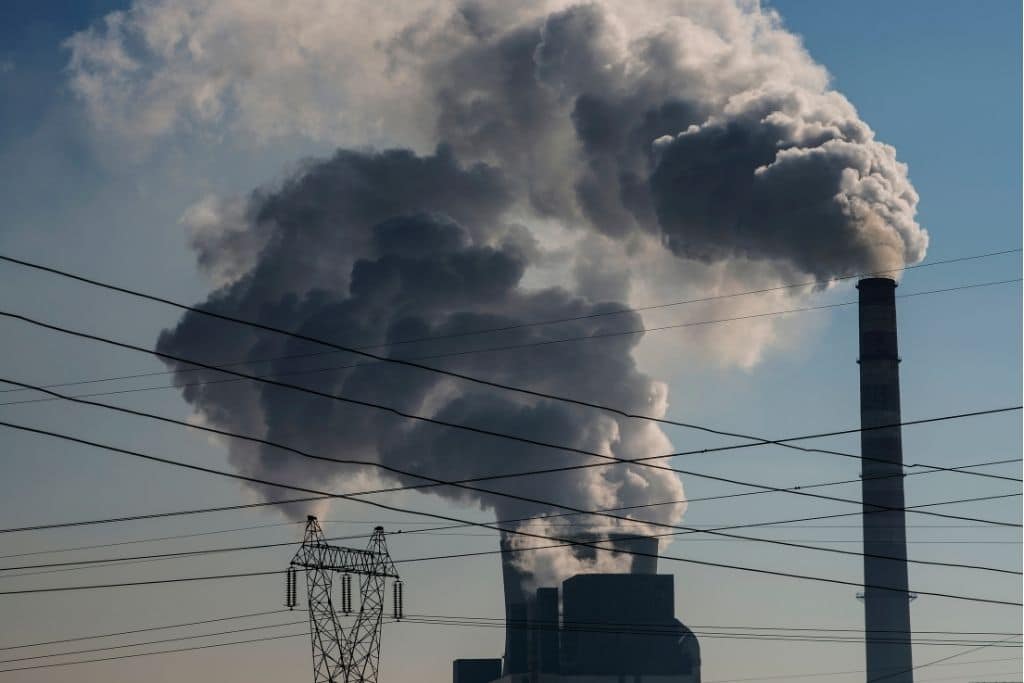Subsidies for coal, oil, and gas were equivalent to 7.1% of GDP, surpassing spending on education, a new IMF report estimates.
—
Fossil fuel subsidies reached a total of US$7 trillion in 2022, the highest value ever recorded, as countries around the world rushed to protect consumers from rising energy prices sparked by the war in Ukraine, according to a new report.
In its latest update on global fossil fuel subsidies published Thursday, the International Monetary Fund (IMF) found that explicit subsidies, which cut the price of fuels for consumers, more than doubled since the previous assessment, from $500 billion in 2020 to $1.3 trillion in 2022. Undercharging for oil products accounted for nearly half of all subsidies, followed by coal (30%) and natural gas (20%).
But the bulk of global fossil fuel subsidies last year – about 82% – came from implicit subsidies, which are the result of governments undercharging for the environmental costs incurred by burning fossil fuels.
The total amount invested in the dirty oil, gas, and coal industries amounted to more than what governments spent on education and about two-thirds of what they spent on healthcare. Nearly half of them came from the East Asia and Pacific region, with China spending the most on fuels, followed by the US, Russia, the European Union, and India.
The IMF study came just days after a new analysis by the Institute for Sustainable Development (IISD) that suggested G20 countries’ investments in the fossil fuel industry reached a record $1.4 trillion last year, more than double the pre-pandemic and pre-energy levels of 2019.
Both findings raised criticism among climate experts and campaigners, who repeatedly warned that we are running out of time to reverse global warming and avoid its dramatic impacts. Last month, UN Secretary-General António Guterres said humanity has now entered the “era of global boiling.” He also called on world leaders to use the “several critical opportunities ahead” – from next month’s Africa Climate Summit and the upcoming G20 meeting in India to COP28 – to “accelerate a just and equitable transition from fossil fuels to renewables.”
You might also like: World Sees Hottest July in History Amid Record High Land and Ocean Temperatures


















